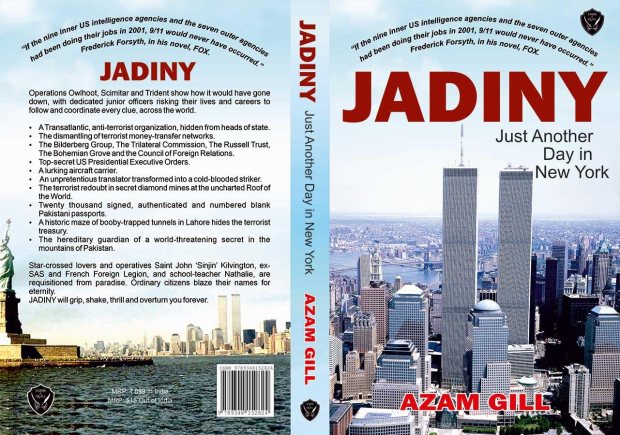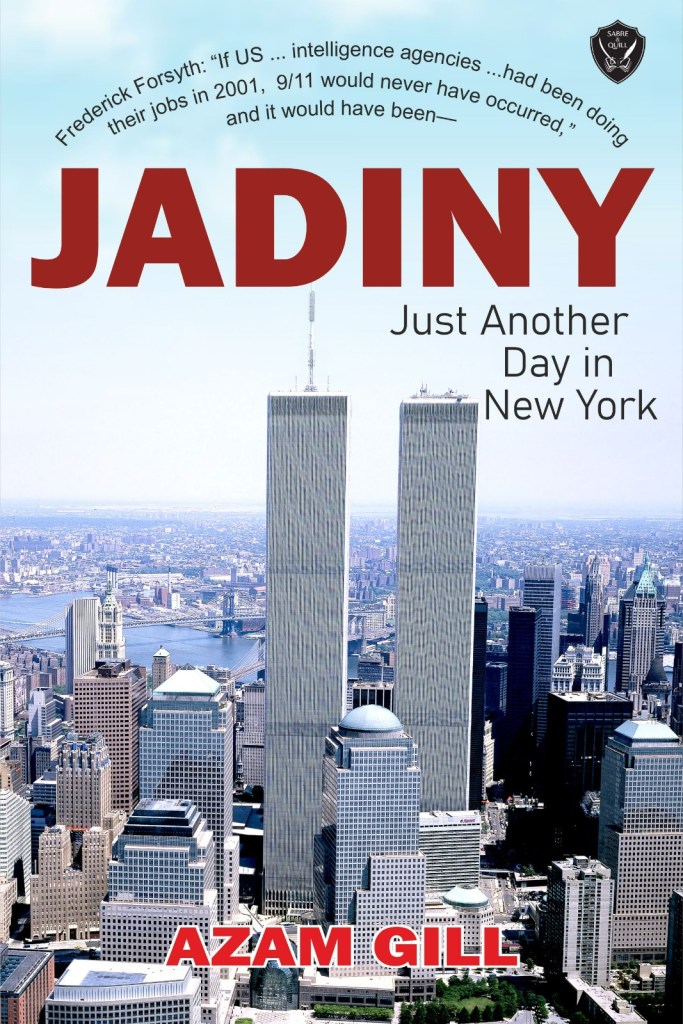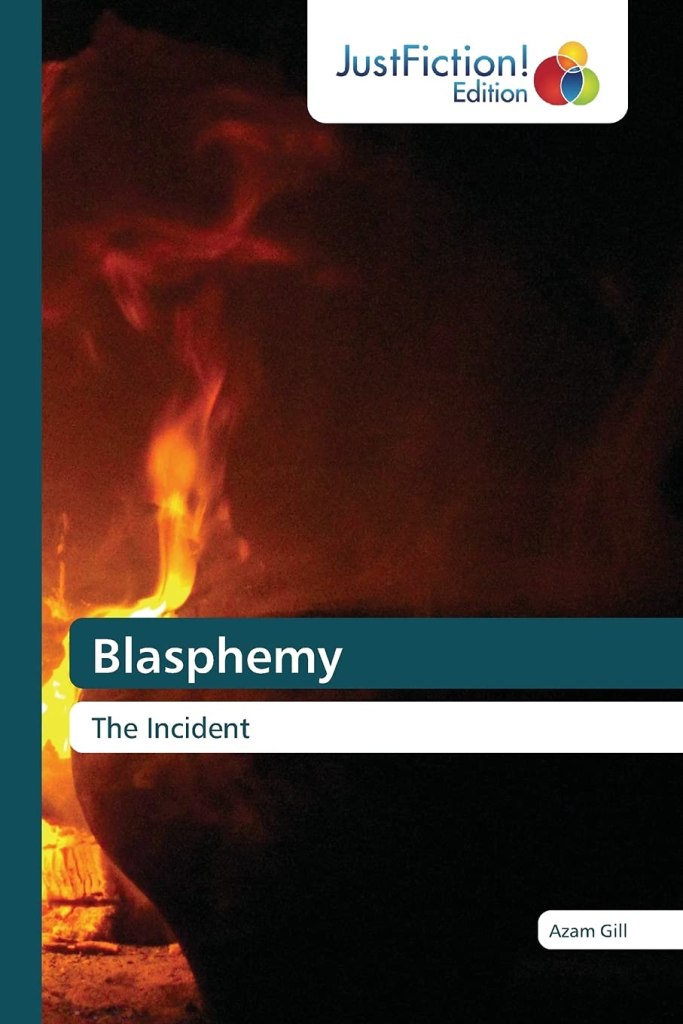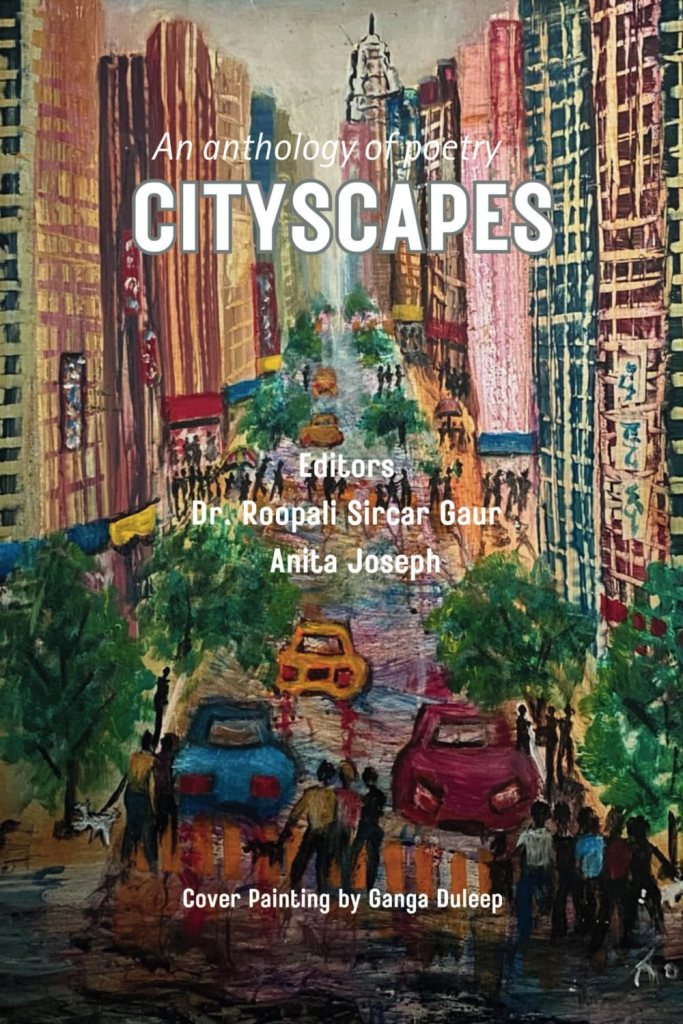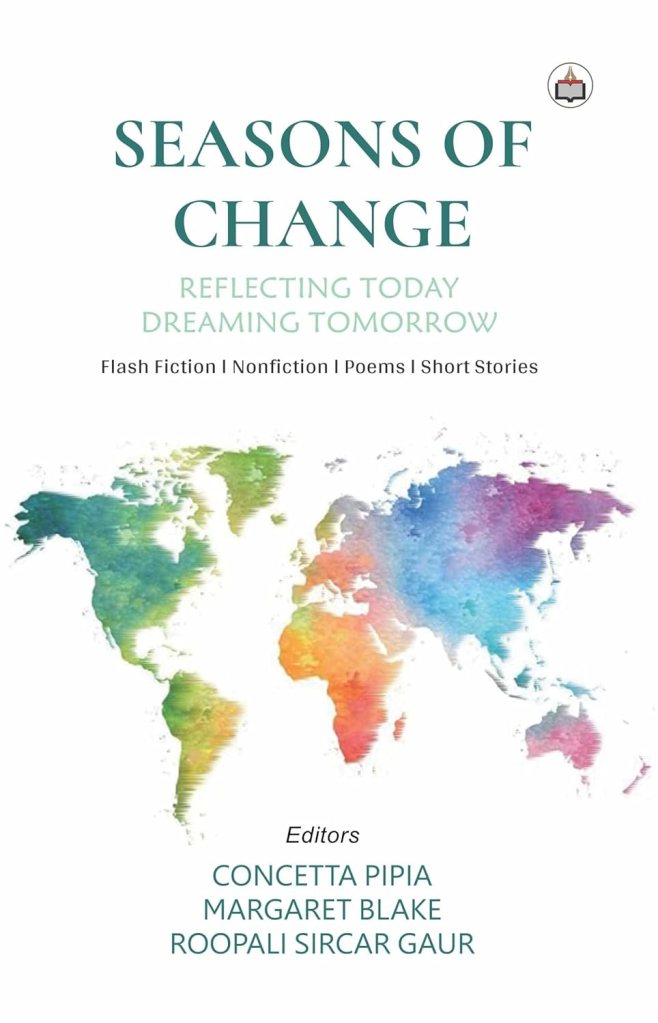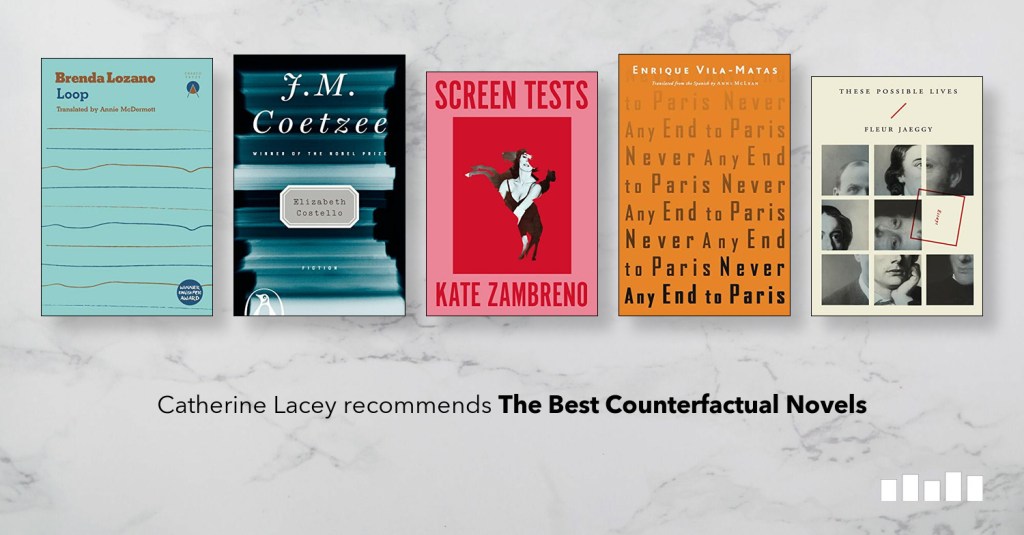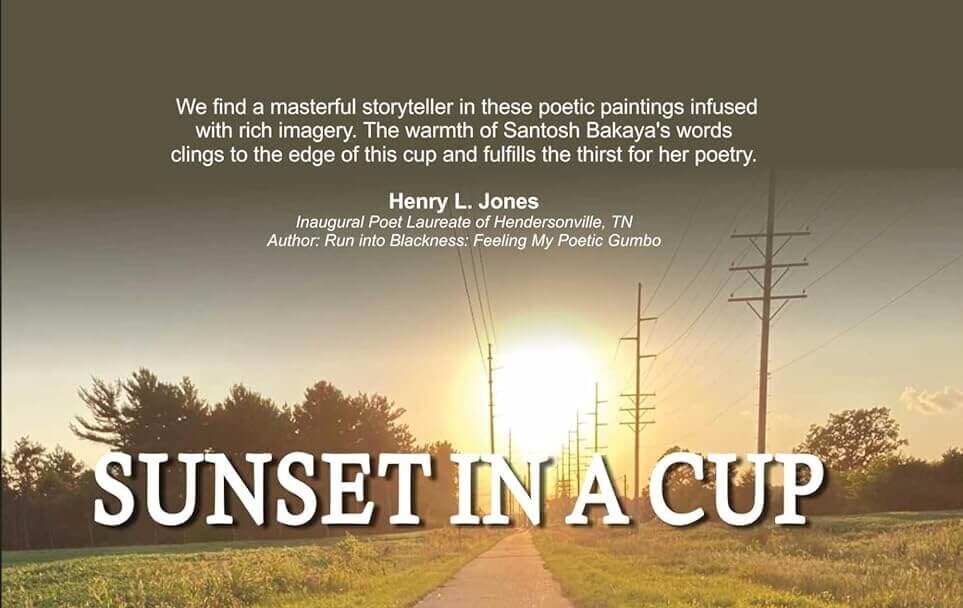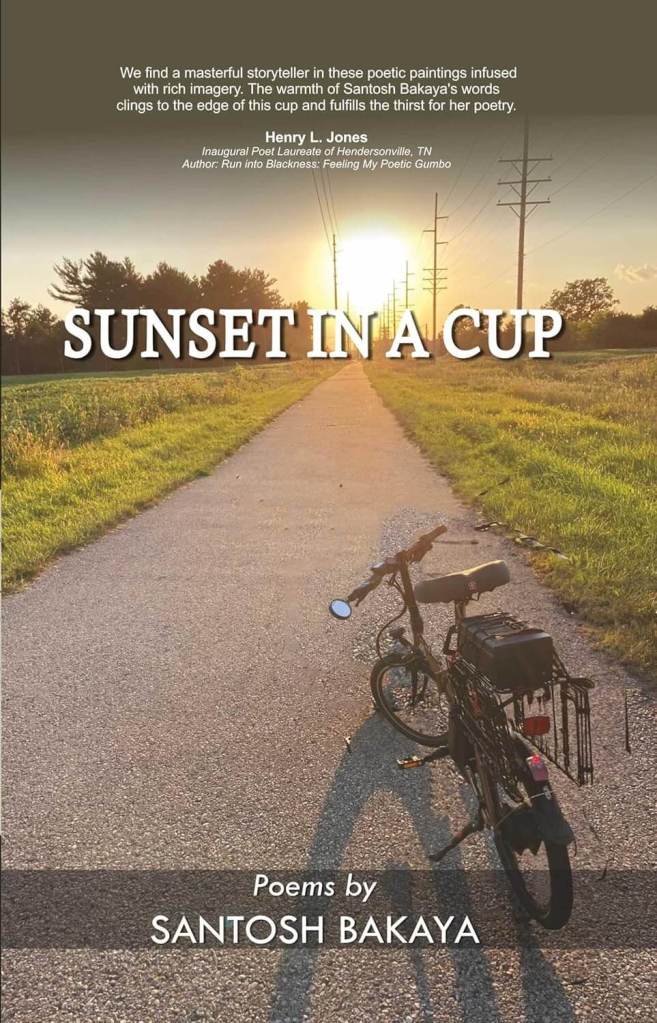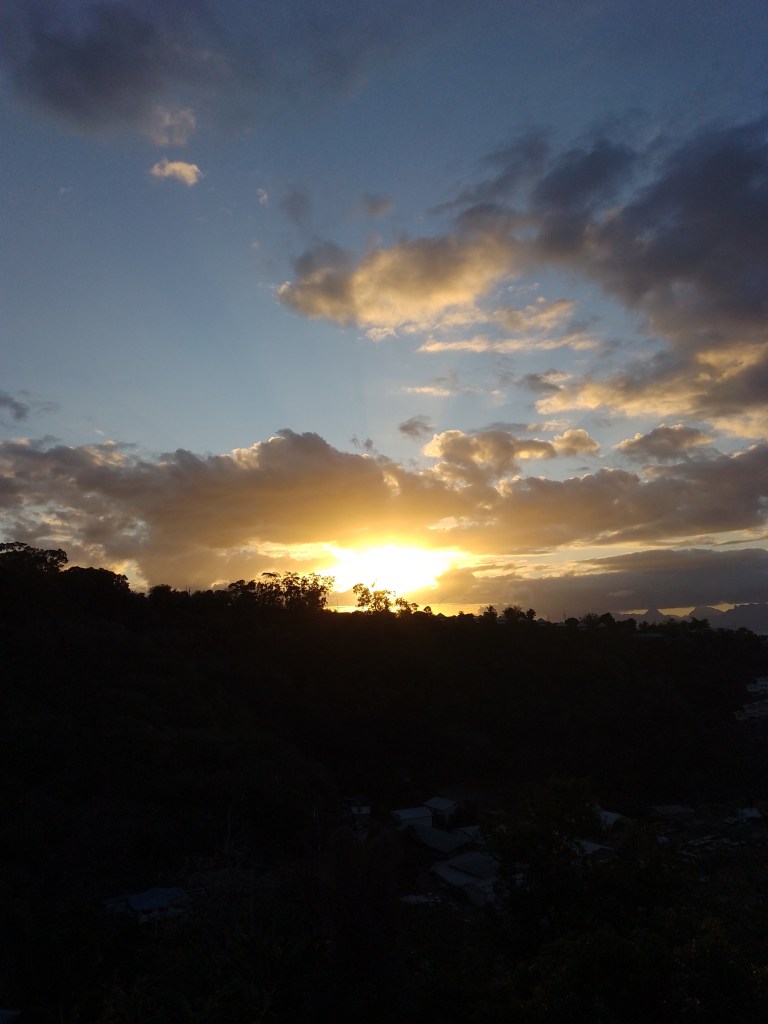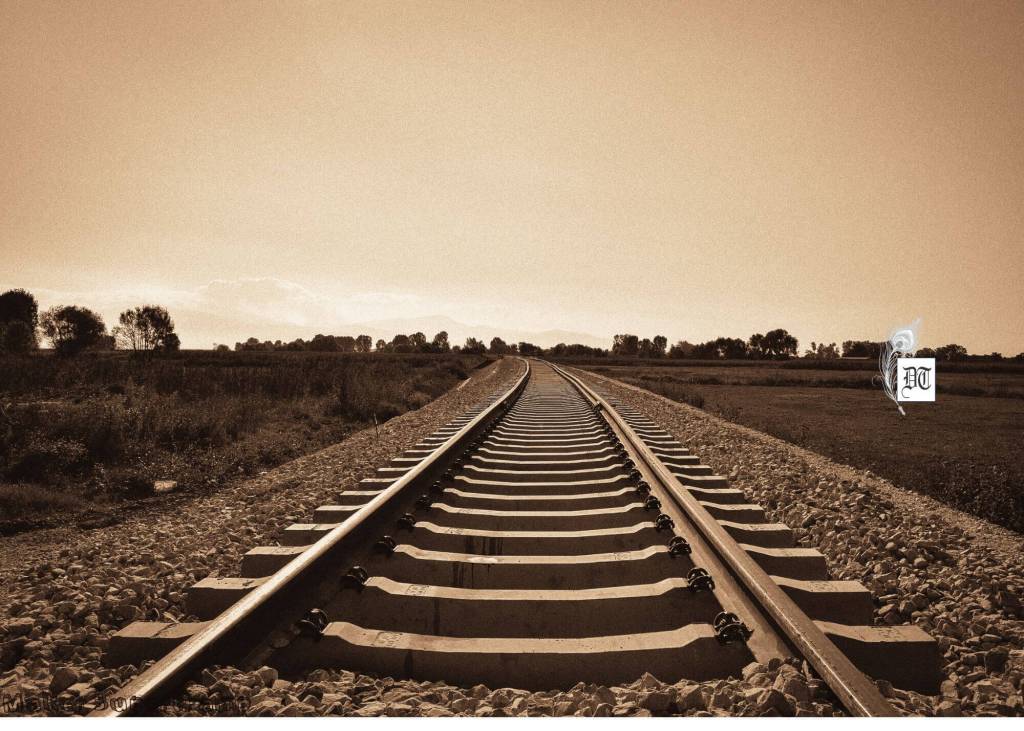“𝘪𝘧 𝘺𝘰𝘶 𝘵𝘦𝘭𝘭 𝘵𝘩𝘦 𝘵𝘳𝘶𝘵𝘩, 𝘺𝘰𝘶 𝘥𝘰𝘯’𝘵 𝘩𝘢𝘷𝘦 𝘵𝘰 𝘳𝘦𝘮𝘦𝘮𝘣𝘦𝘳 𝘢𝘯𝘺𝘵𝘩𝘪𝘯𝘨” Mark 𝐓𝐰𝐚𝐢𝐧, novelist.“
ℐ𝓃 𝓅ℴℯ𝓉𝓇𝓎, ℐ 𝓈𝓅ℯ𝒶𝓀 𝓉𝒽ℯ 𝓉𝓇𝓊𝓉𝒽..” Dr. Roopali Sircar 𝐆𝐚𝐮𝐫, poet, novelist, writer, editor, conservationist and social justice activist.
And yet, her sparkling and fructuous memory, complements Twain’s nugget of wisdom.
𝐃𝐫. 𝐆𝐚𝐮𝐫 𝐬𝐡𝐚𝐫𝐞𝐬.
“Propelled by my father, I began writing poetry three decades ago. The intense grief of his sudden death stirred me. Like the monsoon rain, 𝓌ℴ𝓇𝒹𝓈 𝓅ℴ𝓊𝓇ℯ𝒹 𝒾𝓃. And as the years turned pages, my poems began to tell stories embracing the world around me. The poems trace the development of my mind as I grew to understand 𝓈ℴ𝒸𝒾𝒶𝓁 𝒶𝓃𝒹 𝒽𝒾𝓈𝓉ℴ𝓇𝒾𝒸𝒶𝓁 𝒾𝓃𝒻𝓁𝓊ℯ𝓃𝒸ℯ𝓈 𝒶𝓃𝒹 𝒸ℴ𝓃𝓃ℯ𝒸𝓉𝒾ℴ𝓃𝓈.
“𝓑𝓻𝓮𝓪𝓴𝓲𝓷𝓰 𝓼𝓽𝓮𝓻𝓮𝓸𝓽𝔂𝓹𝓮𝓼 is the natural outcome of my poetic oeuvre. War, widowhood, myths, rural folk, contemporary social conditions are some of the themes that haunt this volume. The poems in this volume are my spontaneous response to life’s true happenings. You may find the 𝓼𝓪𝓽𝓲𝓻𝓮 and 𝓲𝓻𝓸𝓷𝔂 sometimes difficult to bear. 𝓒𝓸𝓷𝓯𝓵𝓲𝓬𝓽 and 𝓿𝓲𝓸𝓵𝓮𝓷𝓬𝓮 have, historically, and in contemporary life, obliterated images of peace.” We are not able to hear the nightingale in the concrete jungle.”
𝒟𝓇. ℛℴℴ𝓅𝒶𝓁𝒾 𝒮𝒾𝓇𝒸𝒶𝓇 𝒢𝒶𝓊𝓇 𝒾𝓈 𝓉𝒽ℯ 𝓃𝒾ℊ𝒽𝓉𝒾𝓃ℊ𝒶𝓁ℯ 𝓌𝒽ℴ𝓈ℯ 𝓈𝒾𝓃ℊ𝒾𝓃ℊ 𝓇ℯ𝓈ℴ𝓃𝒶𝓉ℯ𝓈 𝒾𝓃 𝓉𝒽ℯ 𝒸ℴ𝓃𝒸𝓇ℯ𝓉ℯ 𝒿𝓊𝓃ℊ𝓁ℯ.
ASKERKALI: https://shorturl.at/iyKrT
Roopali Sircar Gaur’s Books: https://shorturl.at/SuWfU
Publishers


